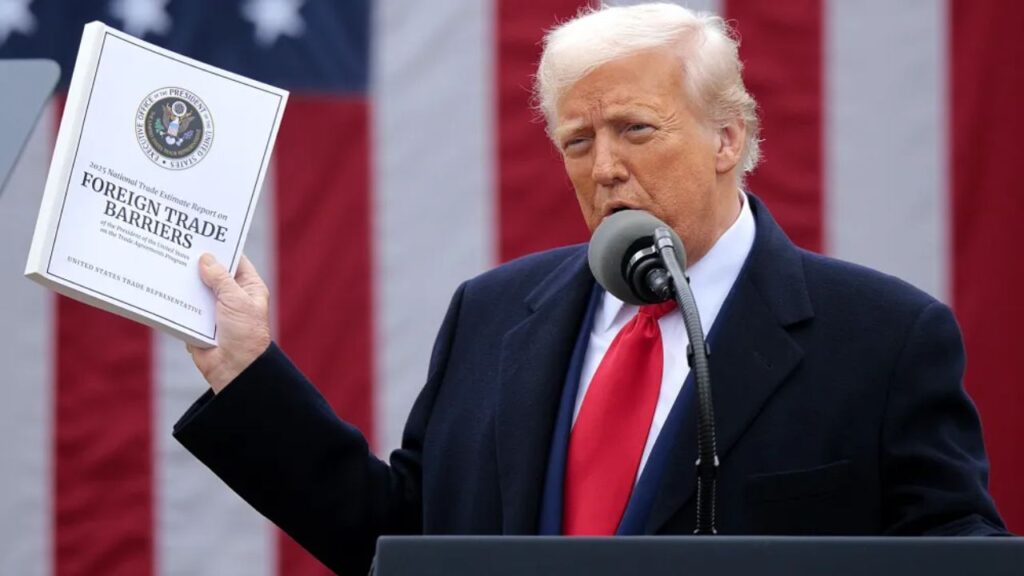
Former U.S. President Donald Trump has announced sweeping new trade restrictions targeting the global film industry, declaring a 100% tariff on all movies produced outside the United States. The move, revealed in one of his trademark social media posts on Monday, has triggered alarm across international entertainment markets, from India’s Bollywood to European cinema and global streaming platforms such as Netflix.
Trump justified the tariff by arguing that “other countries have stolen America’s movie business,” comparing it to “taking candy from a baby.” He claimed the measure was necessary to revive U.S. filmmaking, which he said had been undermined by foreign competition and outsourcing.
Complexities of Enforcement
Industry experts, however, say the proposal may be nearly impossible to implement. Modern film production often spans multiple countries—animation, special effects, color correction, and sound are typically handled by studios across the globe. “We live in a world where movies are created collaboratively across borders. A single Hollywood production might rely on studios in India, Europe, and elsewhere,” explained George Koshy, CEO of LA-based production firm Infamous Coconut.
India in the Crosshairs
India, home to the world’s largest film industry by volume, is expected to be significantly impacted. The Producers Guild of India estimates that Indian films earn between $100 million and $150 million annually from the U.S. market, including theatrical box office revenue, streaming rights, and satellite distribution. Major Hindi and Telugu blockbusters often gross over $10 million each in North America alone.
With a 100% tariff in place, U.S. consumers—many of them South Asians—could face ticket prices double the current average of $20, as well as higher streaming costs. This could suppress demand and reduce revenues for Indian producers.
Blow to Hollywood Outsourcing
Ironically, the measure could also harm Hollywood. U.S. studios such as Disney, DreamWorks, and Pixar rely heavily on Indian animation and VFX companies, which have contributed to global hits like The Lion King, Avengers: Endgame, Dune, and Interstellar. India’s animation and VFX industry, projected to grow from $1.3 billion in 2023 to $2.2 billion by 2026, may now face uncertainty as studios rethink outsourcing strategies.
Risk of Retaliation
Analysts warn that Trump’s policy could spark a global backlash. If other countries impose reciprocal tariffs on U.S. films, Hollywood could face devastating consequences, given that more than 70% of its box office revenue—about $30 billion in 2024—came from overseas markets.
Trump has previously described the offshoring of film production as a “threat to our nation,” but critics argue the industry’s global nature reflects cost efficiency rather than unfair practices. For now, uncertainty looms over how the tariffs would be enforced and how deeply they will reshape the interconnected world of cinema.




